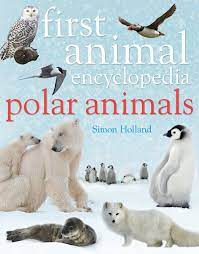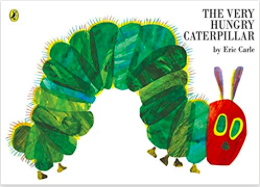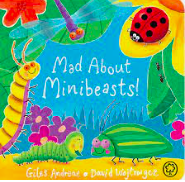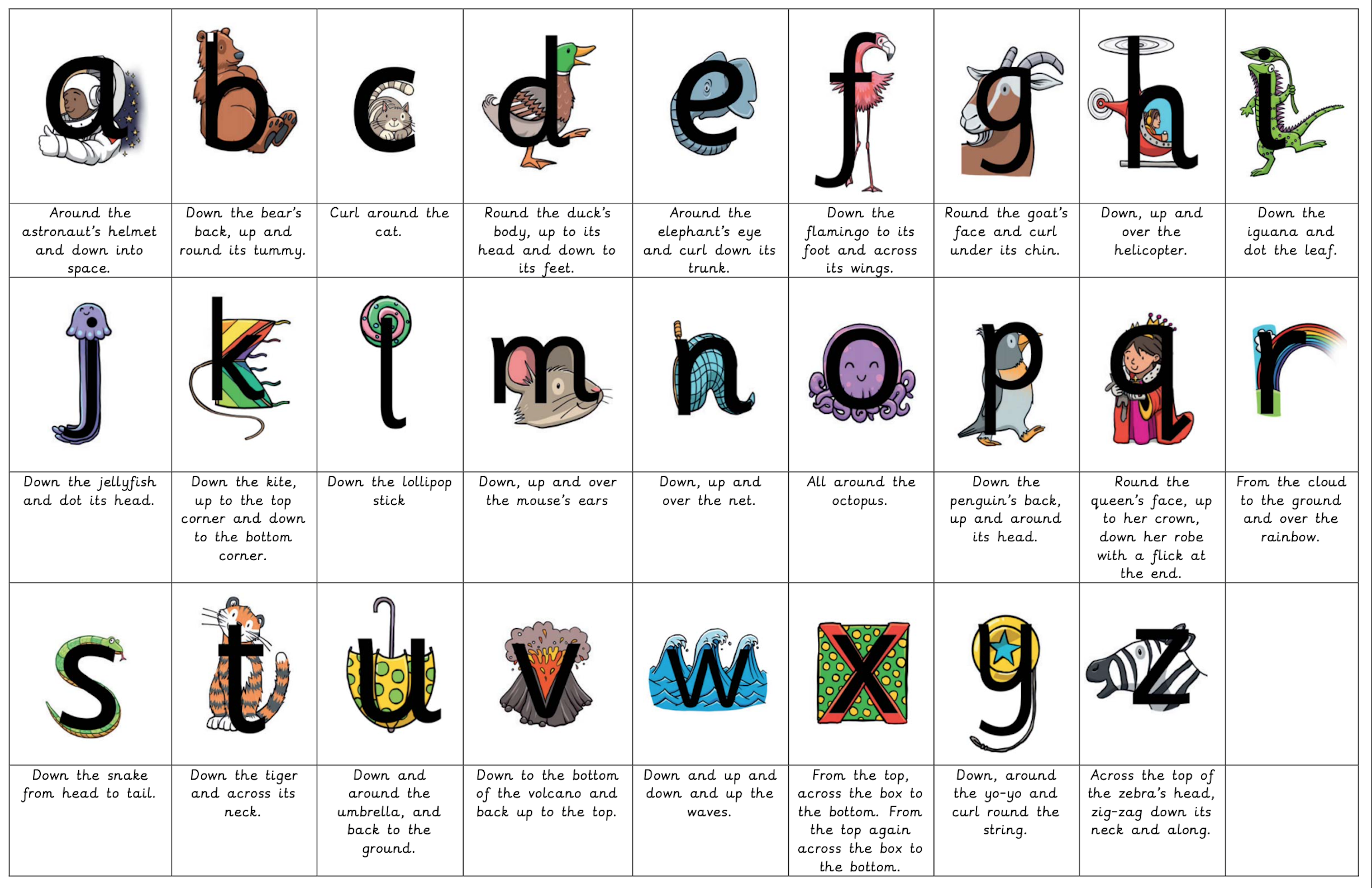Reception
Stokenham Area Primary School
EYFS/Reception outline planning for Spring Term 2025




Spring 1 topic = Polar explorers and winter
Spring 2 topic = Minibeasts
Happy new year! We hope you all had a wonderful Christmas time with your families and are rested and ready for another exciting term in Reception. Listed below are the themes for each area of learning that we will be exploring this term, which we hope you find useful. Please also refer to the EYFS curriculum map on the school website for more information and detail about each area of learning. We will also continue to share photographs and observations to prompt discussion and develop positive home/school links via Tapestry and continue to look forward to you uploading ‘wow’ moments from home, including activities linked to our topics.
English/Literacy
This term we will be developing early reading and writing skills through a range of fiction and non-fiction texts linked to our topics, including Poles Apart and Polar Animals in the first half term and The Very Hungry Caterpillar and Mad About Minibeasts in the second half term. The children will continue to have daily whole-class English sessions, with guided group English sessions with Mrs Cowling and Mrs Stevens. They also have many opportunities to develop and practise their early literacy skills through the indoor and outdoor continuous provision and enhancements.
In our daily phonics lessons, we will be continuing to follow the Little Wandle Letters and Sounds Revised phonics programme, moving on to the Phase 3 phonemes (sounds) and the corresponding graphemes (letters), which we will continue to send home to practise identifying, blending and writing. You may find the informative videos and Little Wandle resources on the attached link useful:
https://www.littlewandlelettersandsounds.org.uk/resources/for-parents/. https://lettersandsounds.org.uk/index.php?page=reception
The children will continue to have group reading practice sessions linked to their decodable text each week, focusing on decoding (blending/reading), prosody (reading with expression and intonation) and comprehension skills. On Fridays, the children can continue to choose a high-quality ‘sharing book’ from our class library, which they can borrow for the week and then return the following Friday in order to choose a new text.

Mathematics
The focus for this term will be to improve children’s knowledge and understanding of the number system, including the core mathematical skills of reading, writing, counting and exploring the composition of numbers to 10. We will continue to follow the NCETM Mastering Number programme, in addition to investigating measures, exploring shapes and participating in a variety of practical problem solving activities linked to spatial thinking. All children will continue to have guided group maths sessions each week, alongside daily whole-class teaching sessions and a range of child-led opportunities to develop mathematical skills through meaningful play in the indoor and outdoor continuous provision and enhancements.
Foundation topics (Understanding the World/Expressive Arts and Design)
During the first half of the Spring Term our cross-curricular topic is ‘Polar Explorers/ Winter’, moving on to ‘Minibeasts’ in the second half of the term. Within these topics the children will be able to enjoy a wide variety of experiences including exploring and creating maps, investigating ice and melting, engaging in polar explorer roleplay and creating winter-themed artwork. Planned activities after half term include going on minibeast hunts, creating 3D minibeast models and improving their drawing skills through observational drawings of insects and flowers. We will also be engaging in a range of Easter-themed activities towards the end of the term.
In our music lessons, the children will listen to and describe a wide range of different songs through the Charanga units ‘Everyone!’ and “Our World’. They will explore and engage in music making, singing and dance using a range of musical instruments, both in structured music lessons and in their independent learning/continuous provision.
Forest Schools/The Natural World
We are extremely lucky to have Mrs Moore taking our Reception class out for an extended Forest Schools session every Friday, where the children will be observing changes in the woods linked to the seasons and identifying native flowers, trees, insects and birds. These calming and awe-inspiring sessions also improve mental health and wellbeing, in addition to helping to develop the children’s language and communication skills, physical development and their personal, social and emotional skills.
Please can your child can come into school wearing their home clothes and shoes/trainers every Friday. They will need to bring wellies, waterproof trousers and a thick waterproof coat/all in one every week in a named plastic bag. It is important that your child has the right outdoor clothing to allow this to be a positive experience for them. Warm, dry children will be happy outside whatever the weather. As the weather gets colder they will need lots of warm layers, a woolly hat and old gloves. Please can every item be clearly named.
PE/Physical Development
In addition to engaging in a wide range of physical activities linked to improving gross and fine motor skills through the indoor and outdoor continuous provision, we also have weekly PE lessons on a Friday led by a sports coach.
PSHE/Personal, Social and Emotional Development
This term every child will continue to develop their personal, social and emotional skills based on our school values of being ‘kind, safe and responsible’. This will be achieved through a variety of methods including through play, circle times, stories and mindfulness yoga. They also have a focused PSHE session each week, this term looking at the theme of ‘living in the wider world’ exploring belonging to a community; media literacy and digital resilience; and money and work.
Homework/home learning
In Reception we ask you to support your child’s learning by supporting them with reading his/her phonics book every night for ten minutes and would also recommend that you enjoy reading and discussing a longer, high-quality text to your child (which could be the weekly sharing/library book changed each Friday). Please continue to record/tick that you have read with your child in their reading diary, which we check for messages and comments every morning registration. It is also beneficial to help your child practise writing their name, correctly forming letters and numbers, and to support them with knowing all Phase 2 and 3 graphemes/phonemes and tricky words, which can be found in reading diaries. You may also find some of the maths and phonics games on these educational websites useful: https://ictgames.com/mobilePage/literacy.html https://www.topmarks.co.uk/maths-games/3-5-years/counting https://www.bbc.co.uk/cbeebies/shows/numberblocks
Dough Disco: https://www.youtube.com/playlist?list=PLOcPymb-OvBy6NN-nkIHG4eXNC_mksrAx
A reminder that the children need to bring in a warm coat, water bottle (not squash) and their book bag into school every day. Please can every item be clearly named so that items can be returned to your child easily, particularly jumpers and cardigans which are often identical. Fruit snacks are provided so you do not need to send in snacks from home.
Many thanks for your continued support with your child’s learning.
Kind regards,
Mrs Cowling (Reception teacher and EYFS Federation Lead) and Mrs Stevens (HLTA)

We are writing to you to give you an overview of the Early Years Foundation Stage Framework.
What Is the Early Years Foundation Stage?
The Early Years Foundation Stage (EYFS) is the stage of education for children from birth to the end of the Reception year. It sets the standards for the learning, development and care of your child from birth to 5 years old and ensure that your child will learn and develop well and be kept healthy and safe. It is based on the recognition that children learn best through play and active learning and is the same curriculum as in pre-reception settings. From September 2021 the EYFS has changed.
What Will My Child Be Learning?
The EYFS framework outlines seven areas of learning and development and educational programmes. There are three prime areas of learning, which are particularly important for your child’s development and future learning:
*Communication and language
*Personal, social and emotional development
*Physical development
There are four specific areas of learning, through which the prime areas are strengthened and applied:
*Literacy
*Mathematics
*Understanding the world
*Expressive arts and design
We will consider your child’s needs and interests to plan challenging and enjoyable activities and experiences. You can help us to do this by sharing your observations of your child’s interests at home.
There are also three characteristics of effective teaching and learning:
*Playing and exploring
*Active learning
*Creating and thinking critically
These tell us about how each child learns not what they are learning
Play is essential for children’s development, building their confidence as they learn to explore, relate to others, set their own goals and solve problems. Children learn by leading their own play, and by taking part in play which is guided by adults.
Assessment in the reception year – Baseline
The reception baseline assessment, or RBA is a short, interactive and practical assessment of your child’s early literacy, communication, language and mathematics skills when they begin in school. It will be undertaken with your child’s class teacher and will measure your child’s progress from reception to year 6. The data from the baseline will not be shared with you and will only be accessed by the DFE. The teacher will be able to spend quality 1-1 time with your child, getting to know them and identifying if they need any further support in certain areas. When your child reaches year 6, you will be able to see the progress your child has made throughout their school journey. If you wish to read further on the reception baseline, then you can find a useful parent booklet here;
https://www.gov.uk/government/publications/reception-baseline-assessment-information-for-parents
Assessment in the reception year – EYFS Profile
Your child will work towards the final assessment at the end of the Reception year, using the new ELGs (Early learning goals). These goals are short statements that teachers assess your child against at the end of the year.
Should you have any questions please do not hesitate to speak to your child’s class teacher.
Thank you for your continued support.
